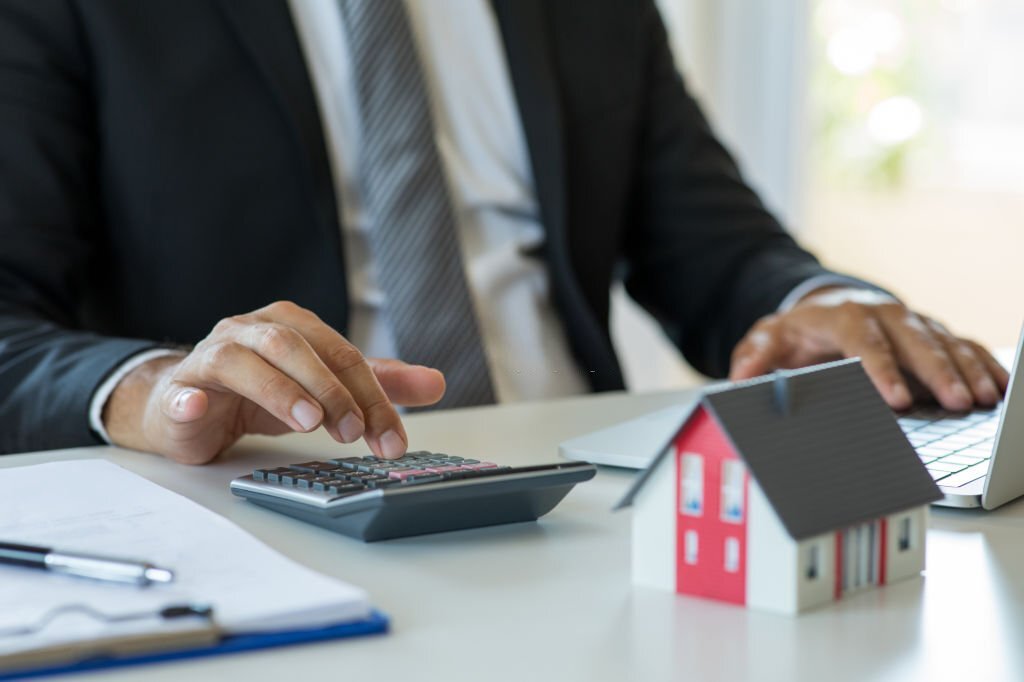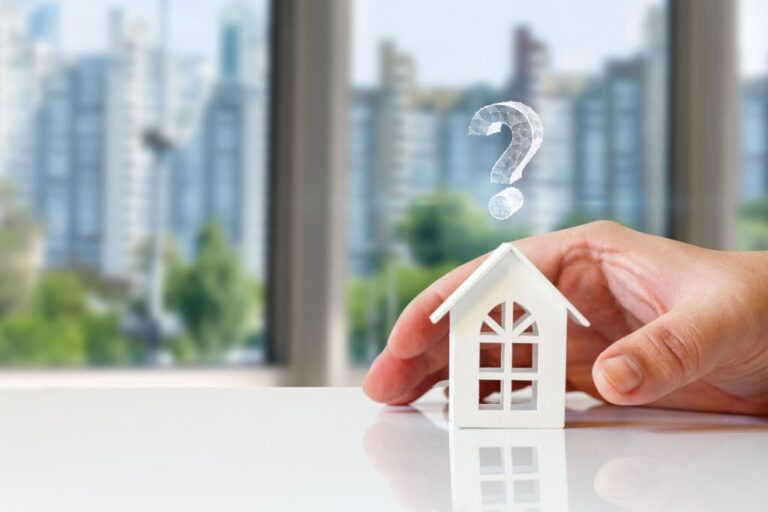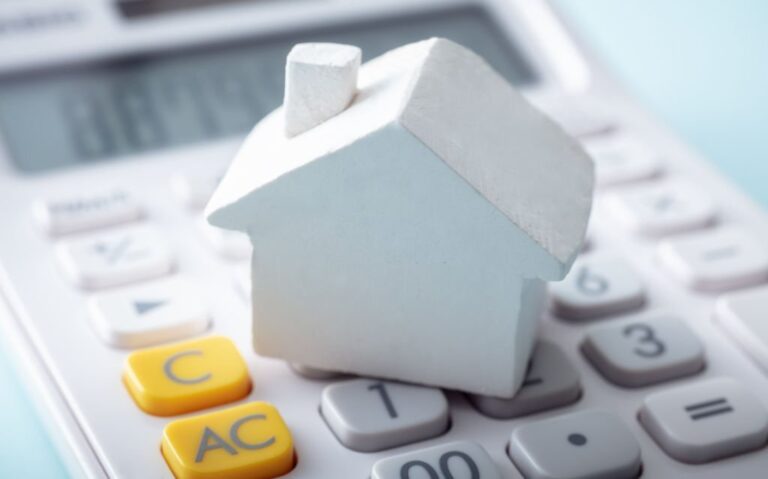Property valuation in real estate is essential for various tasks, such as financing, sales listing, investment analysis, property insurance, and taxation. However, the primary utility for most individuals is to establish the asking or purchase price of a property. The valuation process is not straightforward as it must consider unique property features like location, lot size, floor plan, and amenities. Broader market trends like supply and demand in the property’s region also affect the valuation.
The Present Worth
In a technical sense, the value of a property is defined as the present worth of future benefits that arise from the ownership of the property. As real estate benefits are typically realized over a long period, estimations of a property’s value must consider economic and social trends, governmental controls or regulations, and environmental conditions that could influence the four elements of value: demand, utility, scarcity, and transferability.
The Value of a Property is Not Necessarily Equal to Its Price
It’s crucial to understand that the value of a property is not necessarily equal to its cost or price. The sales price is the amount someone pays for a property, while cost refers to actual expenditure, such as materials or labor. Although cost and price can affect value, they do not determine it. A property’s true value could be significantly higher or lower than its sales price, depending on various factors such as the property’s condition.
Obtaining Property Valuation for Free
Question of obtaining property valuation for free and understanding the associated costs
Obtaining property valuation for free and understanding the associated costs are subjects of interest for many property owners and prospective buyers. The prices of obtaining a property valuation can vary widely, depending on the method used.
The most accurate and comprehensive property valuation typically comes from a professional appraisal. However, this can be costly. Online tools and calculators can provide a rough estimate of a property’s value for free, but these estimates can vary in accuracy. Furthermore, they usually do not account for unique characteristics of the property or current local market trends.
Cost of Property Valuation
Understanding the cost of property valuation involves understanding the time and resources that go into accurately determining a property’s value. A comprehensive valuation will consider not only the physical attributes of the property and the sales prices of comparable properties but also the current state of the real estate market, among other factors. Therefore, while free property valuation tools can provide a good starting point, they may not offer the complete picture necessary for making informed decisions about property transactions.
Use of Online Tools for Property Valuation
Online tools utilize automated valuation models to estimate property value. These tools consider several important variables like location, size, floor, and age, among others, to provide a property value estimate. Some tools also provide additional insights like property sales and market trends for properties in your area, capital gain calculations if you’re looking to sell, and an overview of transactions in your vicinity.
Limitations of Free valuation and need for professional valuation
While online tools offer a quick and cost-effective way to get an estimated property valuation, they have their limitations. The estimates provided by these tools are solely based on quantitative and geospatial data and do not take into account qualitative factors such as the condition of the property’s interior, any unique features it may possess, or the specifics of the local real estate market.
Methods of Property Valuation

1) Direct Comparison Method
The Direct Comparison Method, or Comparative Market Analysis, is one of the most widely recognized property valuation methods. This approach relies heavily on the Principle of Substitution, which suggests that a buyer would not be willing to pay more for a specific property than the cost of acquiring a similar property on the open market.
The process involves three main steps: identifying the highest and best Use of the property, identifying similar properties that have previously sold, and adjusting the value of the comparable sales. Adjustments may be made to account for different factors, such as the property’s condition, location, or unique features. These adjusted sales values give a fairly accurate estimate of the value of the property in question.
2) Income Method
The Income Method of property valuation is another standard valuation approach. This method evaluates the potential income that a property can generate and is typically used for rental properties or commercial buildings. The property’s value is usually determined by the net income it can generate, discounted to present value.
While the internet resources provided do not delve into the specifics of the Income Method, it’s important to note that this approach often involves considerations like potential rental income, operating expenses, vacancy rates, and a suitable discount rate to arrive at a present value of the future cash flows the property could generate.
3) Residual Method
The Residual Method is frequently used by property developers when assessing the value of a development site or land that has the potential to be developed or redeveloped[2]. This method is based on a simple concept and calculation that helps property developers determine a realistic value for the land or property purchase. This value then becomes a base cost to determine other expenditure components and the maximum they can afford to spend on additional fees such as site preparation, land remediation, build costs, professional fees, and other fees to achieve a profitable project outcome.
The Residual Valuation Method uses the equation: Land = GDV – (Construction + Fees + Profit)
Here, Land = Purchase price of land/site acquisition GDV = Gross Development value Construction = Building and construction costs Fees = Fees and transaction costs Profit = Developers profit required.
Do-it-Yourself Property Valuation
1) Homeowners’ Ability to Conduct Property Valuation
Homeowners have access to various tools and resources that can aid them in conducting a do-it-yourself (DIY) property valuation. By utilizing available resources and understanding the key factors that influence property value, they can estimate their property’s market value.
One widely used method is the Comparison Method, where homeowners analyze and study recent sales transactions of similar properties in the same locality. Homeowners need to consider the property’s location, age, land tenure, floor level, view from the unit, size, condition, and the standard of finishes, among other things. A well-maintained property often helps to preserve its value.
While some homeowners might assume that renovations will increase their property’s value, this is not necessarily true. A renovation’s impact on property value is contingent upon multiple factors, including the nature of the renovations, the tastes and preferences of potential buyers, and the duration since the renovation was completed.
2) Caution About the Reliability of DIY Valuation
Despite the availability of tools and resources for DIY property valuation, property experts caution against sole reliance on these estimates. A significant concern with computer-generated valuations is that they cannot account for the property market’s complexities and nuances. The real estate market is still an “imperfect market” with no identical properties. Thus, the rigorous inspection, data coalification, validation, verification, and analysis undertaken by a professional valuer must be revised.
Those who rely solely on DIY valuations for property transactions and decision-making do so “at their own risk.” Computer-generated values are “not considered valuations” and, therefore, not recognized by professional valuation institutes.
Cost of Basic Property Valuation
1) Factors affecting the cost of property valuation
Property valuation is a critical process that can influence a property’s buying and selling price. Several factors can affect the cost of property valuation.
- Type of Valuation: The type of valuation needed for the property can influence the cost. Some valuations require more detailed work and expertise, such as a merger or acquisition valuation, compared to a simple mortgage valuation.
- Valuation Method: The method used to value the property can also affect the cost. For instance, using the Comparison Method, which analyses and studies recent sale transactions of comparable properties, may differ in cost compared to other methods.
- Property’s Characteristics: The specific features of a property, such as its size, age, condition, land tenure, floor level, and view, can also influence the valuation cost. The more complex these characteristics, the more time and expertise are needed for a thorough valuation.
2) Range of professional valuation fees
Unfortunately, I cannot provide a precise range for professional valuation fees as this data isn’t offered. The cost will vary depending on the specific factors discussed above, such as the type of valuation required, the method used, and the property’s unique characteristics.
3) Advice from professionals
Advice on contacting multiple property valuation professionals to understand the potential costs
Before finalizing a property valuation, contacting several property valuation professionals is advisable. This will allow you to compare their services, costs, and expertise. Additionally, it can provide a better understanding of the potential costs of the valuation and ensure you’re not overpaying for the service.
Remember, the most expensive valuation service isn’t always the best, and the cheapest might not be the most accurate. It’s important to balance cost with the quality of the service and the reputation of the professional or company carrying out the valuation. By comparing several options, you can decide on the best professional to value your property.
FAQ:
Can I get my property valued for free?
Yes, you can obtain a free property valuation using online tools or performing a self-assessment.
How can I get a valuation?
You can get a valuation through professional valuers, property agents or use online tools for estimates.
Can I get my property valuation?
You can perform your property valuation using comparison, income, or residual methods.




